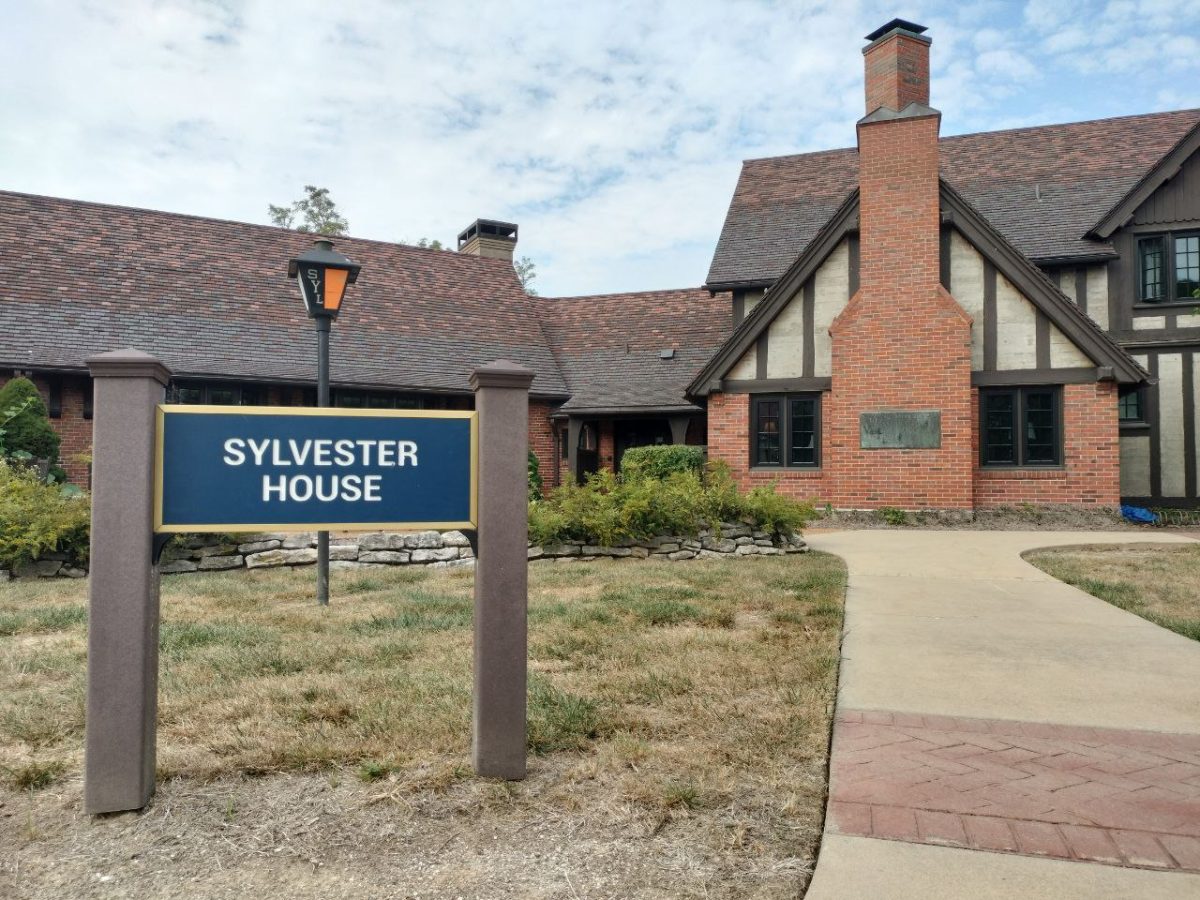Principia College has reorganized its academic structure, replacing traditional divisions with interdisciplinary centers. The change is designed to strengthen communities, expand career connections, and encourage collaboration across majors, according to the new center leaders.
Both Chief Executive Barbara Blackwell and the board of trustees asked faculty to think about the scope and scale of the curriculum and indicated that Principia couldn’t continue to kind of be all things to everyone, said Greg Bruland, director of the new Center for Sustainability, Ecology and Ecosystem Management, and Chemistry. He said this call to action ultimately meant a shift to the new centers, which are “very interdisciplinary, [that] are very future ready, and give opportunities for our students to double major and to pursue interdisciplinary opportunities.”
Sally Steindorf, director of Global and Civic Engagement, said that this new approach will give students and faculty a clearer sense of purpose. “The idea is for smaller majors to feel a sense of connectedness and belonging, [for students to recognize] another group where [they] might feel a sense of community,” she said.
Steindorf noted that in her previous role as division head, long-term goals were less defined. Now, her center is organized around helping students think more broadly about their studies and how their skills apply beyond one major.
Steindorf described the mission as helping students “Think beyond the major and think about how interconnected the majors are in other fields.” She said the Global and Civic Engagement Center also focuses on creating friendships across disciplines and building inclusive communities where different perspectives overlap.
Heidi Snow, director of the Center for Narrative, Meaning, and Media, echoed this collaborative vision. “We are all thinking about stories that are meaningful and impactful,” Snow said. “The center is working very collaboratively together. The administration and academics are working very closely, so we make sure we are all on the same page.”
For Snow, the benefit is not only curricular but also cultural. “It is exciting to have students from those disciplines in one class,” she said, adding that she expects the centers to grow into “a vibrant community.”
Leah McFall, director of the Center for the Arts, said her center, like others, is working to improve visibility of the majors, while also “building community on campus and within our center and also building enrollment.” Both McFall and Bruland mentioned that within their job as center directors, they are trying to appeal to prospective students more.
Many of the directors emphasized the common goal of moving beyond isolated majors. By linking coursework more intentionally to have collaborative opportunities and shared learning experiences. The new centers aim to prepare Principia students for life after college while deepening the campus community.
While there are potential benefits to these new centers, directors said there are other areas impacted by the re-imagination.
Both Bruland and McFall discussed big changes to majors within their centers, including how the process and outcome have affected both faculty and students.
The Biology major has been renamed to Ecology and Ecosystem Management to better reflect the types of courses offered, according to Bruland. He said the shift “better aligns with [the biology department] with who we truly are.”
However, sophomore Cole Dannull, an ecology major, says this changes the way he thinks about his future.
“Names hold a lot of power,” said Dannull. “When you have a biology major, in your career world, it’s very powerful” compared to ecology, which is causing him to rethink how he approaches his career.
McFall said many of her center’s faculty “recognized that there were some elements that were lost” in the reimagination, especially with some staff having to leave as well as students who had to change their plans for a major. McFall also found that the increased workload and stress of the reimagination were difficult, and now that it has wrapped up, she said, “It’s time for us to let go of some of that burden.” McFall said she felt positive about the upcoming year, especially with students starting to register for the reimagined programs.
As of right now, the bulk of the reimagination for the majors, minors, and new centers has wrapped up, but in the upcoming year, the faculty are working to reimagine the General Education program. Bruland said that proposals for new Gen Ed courses are due early October, with a focus on interdisciplinary perspectives, and they hope to roll out the new Gen Ed program in fall 2026.




